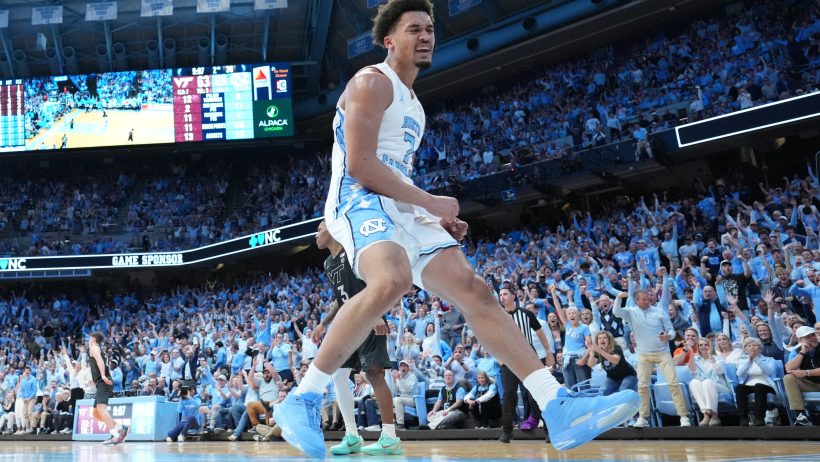Maryland Gaming Director Speaks Out Against Sports Event Contracts
By Robert Linnehan in Sports Betting News
Published:

- John A. Martin, director of the Maryland Lottery and Gaming Control Agency, spoke out against sports event contracts
- The director today submitted comments to the Commodity Futures Trading Commission
- Martin noted the state-run regulatory system is “dramatically undermined by the sports events contracts”
The director of the Maryland Lottery and Gaming Control Agency did not hold back in comments against sports event contracts he submitted to the Commodity Futures Trading Commission.
John A. Martin, director of the Maryland Lottery and Gaming Control Agency (MLGCA), spoke out against sports event contracts being offered in Maryland in official comments submitted to the Commodity Futures Trading Commission (CFTC).
“This activity puts our citizens at risk by ignoring the carefully crafted statutory and regulatory safeguards developed in each of our states, and jeopardizes the critical tax revenue derived from sports wagering across the 40 jurisdictions where it is authorized,” he wrote.
Grave Concerns Regarding Sports Event Contracts
Martin, on behalf of the MLGCA, expressed his “grave concerns” regarding the availability of sports event contracts in Maryland. The platforms facilitating the contracts circumvent state regulatory oversite to offer sports betting nationwide, he wrote.
In Maryland – and in all jurisdictions where sports betting has been legalized – operators must endure extensive background checks and financial assessments to ensure they meet suitability requirements before offering sports betting. License holders must follow strict compliance protocols, institute responsible gaming programs, and pay sports betting taxes to operate in each market, he said.
“This activity puts our citizens at risk by ignoring the carefully crafted statutory and regulatory safeguards developed in each of our states, and jeopardizes the critical tax revenue derived from sports wagering across the 40 jurisdictions where it is authorized.”
Martin’s comments come a day after the Michigan Gaming Control Board also expressed its concerns to the CFTC regarding sports event contracts.
Earlier this month, the MLGCA sent cease-and-desist notices to Kalshi, Crypto.com, and Robinhood to prohibit their sports event contract markets in Maryland. In response, both Kalshi and Crypto.com sued Martin and the MLGCA.
Who Has Regulatory Power Over Markets?
In response to a number of states issuing cease-and-desist orders to Kalshi for their sports event contracts, the company has filed three lawsuits against New Jersey, Nevada, and Maryland gaming regulators asserting they have no statutory power over their offerings.
Crypto.com joined Kalshi and also filed a lawsuit against Maryland as well.
At the heart of the issue is the key question as to who actually regulates sports event contracts. Kalshi believes that state regulatory bodies do not have the right to intrude on the government’s “exclusive” authority to regulate prediction markets.
Kalshi has seen several early victories in its lawsuits in New Jersey and Nevada, as judges have passed motions to allow the company to continue offering its sports event contracts in both states for the duration of the lawsuit.

Regulatory Writer and Editor
Robert Linnehan covers all regulatory developments in online gambling and sports betting. He specializes in U.S. sports betting news along with casino regulation news as one of the most trusted sources in the country.



